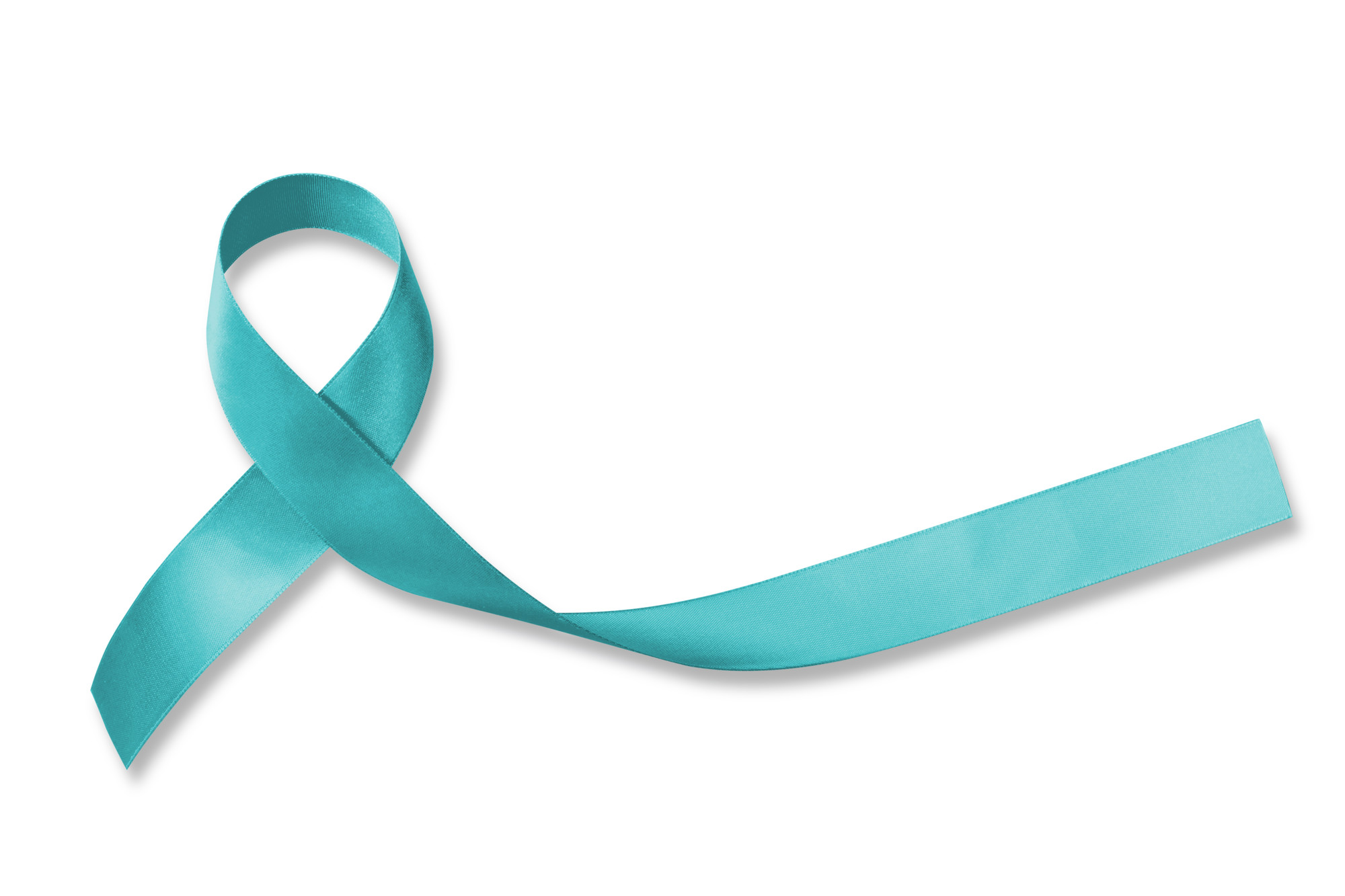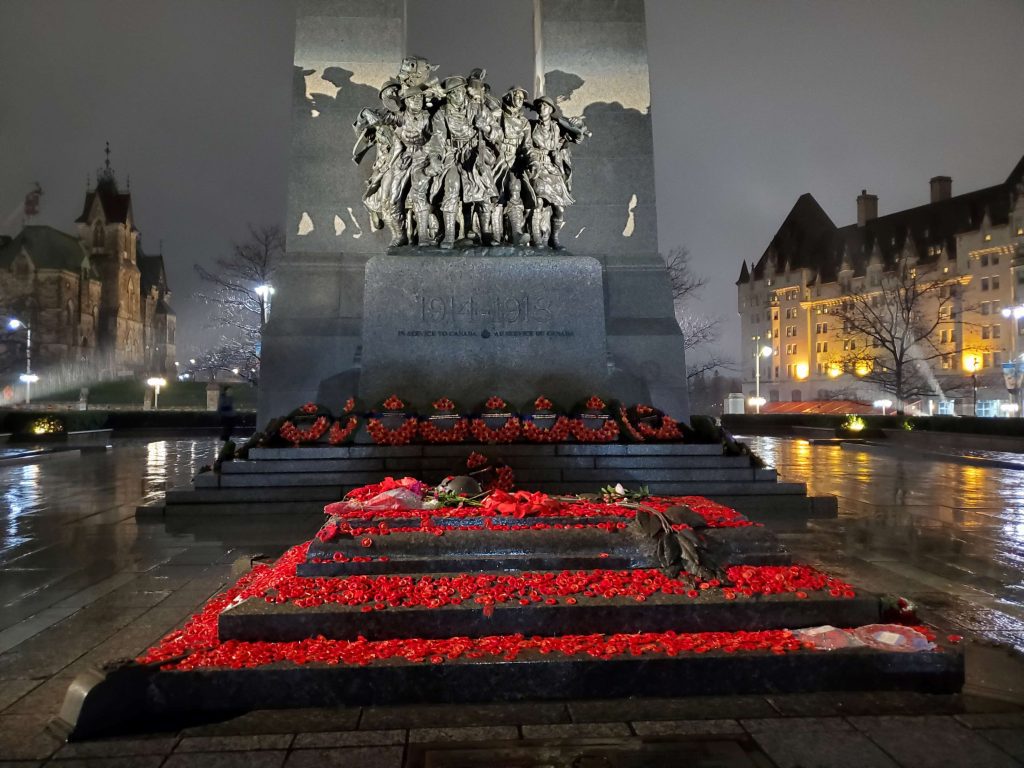- 2021-04-19
- Statement
Official Statement on Recent Allegations of Sexual Misconduct in the Canadian Armed Forces

The Centre of Excellence on Post-Traumatic Stress Disorder (CoE-PTSD), from its inception, has been steadfastly committed to representing Veterans who have experienced individual and multiple pathways to PTSD and complex trauma. These include but are not limited to combat-stress-related PTSD, moral injury, the LGBT purge, and Military Sexual Trauma (MST).
The Centre uses the term “military sexual trauma” instead of “military sexual misconduct” purposefully. It centres the impacts of the act(s) on the person who experienced it, rather than on the behaviour, and overtly identifies that the trauma occurred within a military context.
Throughout the history of CAF, while there have been multiple disclosures, many others have not reported these incidents. They have feared reprisals, damage to their careers, being blamed for having caused the trauma, and not being taken seriously. The Centre of Excellence on PTSD supports those who have come forward as well as the choice of those who are keeping their experiences private.
Experiencing military sexual trauma can result in feelings of shame, self-blame, and anger. Those who have experienced it are at greater risk for developing PTSD, depression, problematic substance use, reproductive and sexual health issues, and chronic pain. Many of these impacts can extend throughout a lifetime, and result not only in loss of health and well-being, but also of a valued career. The process of reporting and/or filing claims to get access to services and supports can be re-traumatizing.
Research and clinical data shows that women and men appear to be disclosing MST in similar numbers. However, this can paint an inaccurate picture. Even though there are significantly fewer women in CAF than men, proportionally women experience far more military sexual trauma than do men. The experiences of men and 2SLGBTQ+ people are increasingly coming to the fore, as are the specific challenges that they face when reporting and seeking treatment.
The Centre of Excellence on PTSD believes that widespread cultural and systemic change must take place within CAF, with the active involvement of CAF leadership at all levels and ranks, so that the issue can be properly addressed from an intersectional perspective and further instances of abuse prevented. The Canadian Armed Forces has recognized this need in the culture-change strategy, The Path to Dignity and Respect, released in 2020. This strategy identifies a three-pronged approach. First, it includes the aspects of CAF culture that must be either eliminated, changed, or strengthened for real and sustaining change to occur. Secondly, it identifies the changes needed to support those who do report so that unintended secondary trauma doesn’t occur whether through reprisals or accommodations that can feel punitive. Thirdly, it acknowledges that for those who have experienced military sexual trauma, the appropriate targeted services, supports, and treatments need to be available.
The CoE-PTSD is committed to raising awareness about MST, and to improving the well-being of those impacted by it, through:
- Research into peer support services and programs,
- Identification of the specialized needs of, and training options for, service providers,
- Participation in the Canadian Military Sexual Trauma Community of Practice, and co-hosting a three-session Symposium (along with McMaster University) on MST that will be presented from June to September 2021,
- Ongoing research and education on the direct links between MST and the pervasive impacts of PTSD,
- Enhanced and improved compassionate responses to disclosure to minimize the potential of secondary trauma,
- Working with stakeholders to advance specialized treatment options for those who have experienced MST, and
- Ensuring that those with lived experience of MST are heard, and that their wisdom informs and guides our work.
We remain hopeful that real change is possible and that the Canadian Armed Forces can be a safe, inclusive, and supportive environment for all of its members. We are open to working with CAF and Veterans Affairs Canada to support the effective implementation of the goals and objectives of Path to Dignity and Respect. Those who have experienced military sexual trauma deserve access to high quality services and supports whether still a serving member or as a Veteran.
For further information, contact:
Joy Pavelich
Vice President
Strategy & Operations
Centre of Excellence on Post-Traumatic Stress Disorder (PTSD)
joy.pavelich@theroyal.ca

